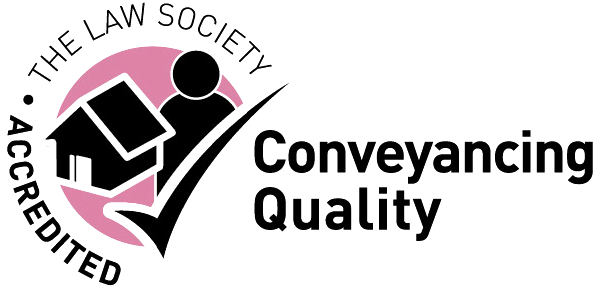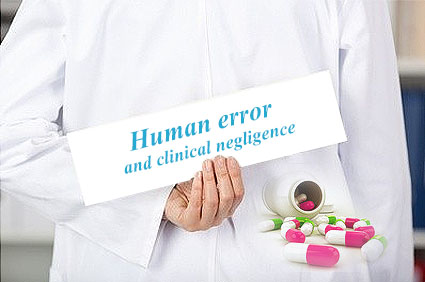Reasons Behind Medical Negligence
11th June 2013
The vast majority of medical negligence compensation claims result from accidental errors, although it is not unknown for these cases to involve deliberate and malicious actions. Although people receive good, accurate treatment in the overwhelming majority of hospital or doctor visits, occasionally mistakes happen and people suffer personal injuries.
Medical negligence refers to cases in which a healthcare provider had a duty of care towards a patient and failed in this duty of care, leading to a person sustaining a personal injury. These three main criteria must be satisfied in order for a claimant to win in their clinical negligence claim.
So what are the causes of medical negligence? Why do some people receive inappropriate treatment or suffer serious injuries due to the errors of some healthcare professionals?
Tiredness leading to clinical negligence
Perhaps a doctor slept badly the night before seeing you, or perhaps your surgeon was at the end of a long shift. The professional was fatigued and exhausted when they treated you, and this led to them making errors that they would normally avoid.
Fatigue can impair someone’s judgement just as much as drunkenness – this is why drivers are advised to take breaks regularly when on the road. Research conducted at Massachusetts Hospital and printed in the Archives of Surgery found that, when awake, orthopaedic surgical residents spent 48% of their time fatigued and 27% of their time impaired. Furthermore, on average, they only managed 5.3 hours of sleep every night. Surgeons were 22% more likely to make errors when fatigued than when wide awake.
Looking at these figures, it is surprising that medical negligence claims do not occur more frequently. We would not allow people to get behind a wheel when they are that tired.
Medical negligence and pressure
Taking care of seriously ill people is clearly a high-pressure role, and cutbacks or austerity measures have only increased the stress. Furthermore, the gradually-aging population is seeing a larger proportion of people spending time in hospital, while improved medical technology has seen people receiving extensive treatment over long periods of time. A European Commission study of 46 NHS hospitals found that some nurses have to take care of as many as 15 patients at one time, with 1 in 6 NHS Trusts seeing more unqualified healthcare assistants on wards than qualified nurses.
Juggling so many patients puts untold pressures on nurses and significantly raises the likelihood of clinical negligence claims occurring. Nurses need to be able to take breaks and relax. In any field of work, high levels of pressure significantly increase the likelihood of people making mistakes, and the healthcare sector is no different.
Human error and clinical negligence
Pressure and tiredness can make people more likely to make errors, and in the healthcare sector, these can lead people to commit medical negligence. But there are other times when human error cannot be blamed on fatigue or overwork – in some cases, doctors write the wrong drug on prescription forms or prescribe people the wrong doses. People can fail to understand the results of diagnosis equipment, surgeons can accidentally leave equipment inside patients bodies, or people can fail to provide adequate aftercare advice to patients.
Human error occurs in all fields, and in some sectors it can lead to tragedy. As a result, healthcare bodies have put checks and balances in place that should reduce the likelihood of a human error causing someone to suffer a personal injury. Nonetheless, errors still occur frequently due to ignorance of these checks or a failure to adhere to these regulations and people can suffer personal injuries due to them.
Malicious treatment and medical negligence claims
In very rare cases, healthcare staff can behave maliciously towards their patients. This may involve ignoring them when they ask for help, providing inappropriate treatment or even physically assaulting them. While the victims of this malpractice can sue for clinical negligence compensation, they may also be able to bring criminal charges against the practitioner or could attempt to get them disbarred from the register and forbidden to practice medicine in the UK.
Perhaps the member of staff held a grudge against a patient, or decided to take their anger out on a vulnerable adult. Whatever the reason, there is no excuse for malicious behaviour. Claimants may be able to claim punitive damage or seek criminal injuries compensation for their personal injuries – medical negligence solicitors will be able to provide advice that suits each particular case.
If you have been the victim of medical negligence, speak to personal injury solicitors to start a compensation claim! You should start your claim as soon as possible, as this will give you the best possible chance of success.





